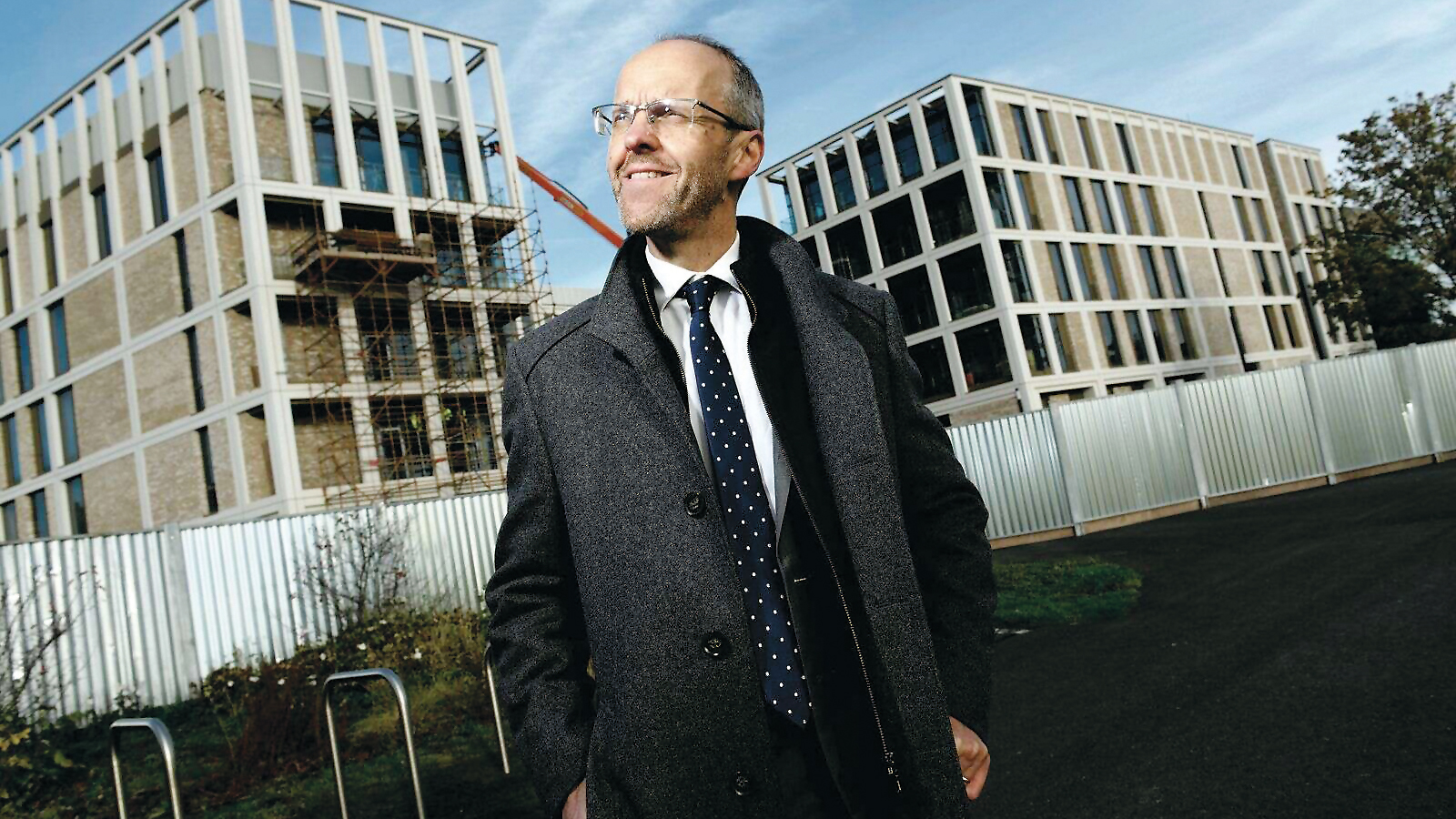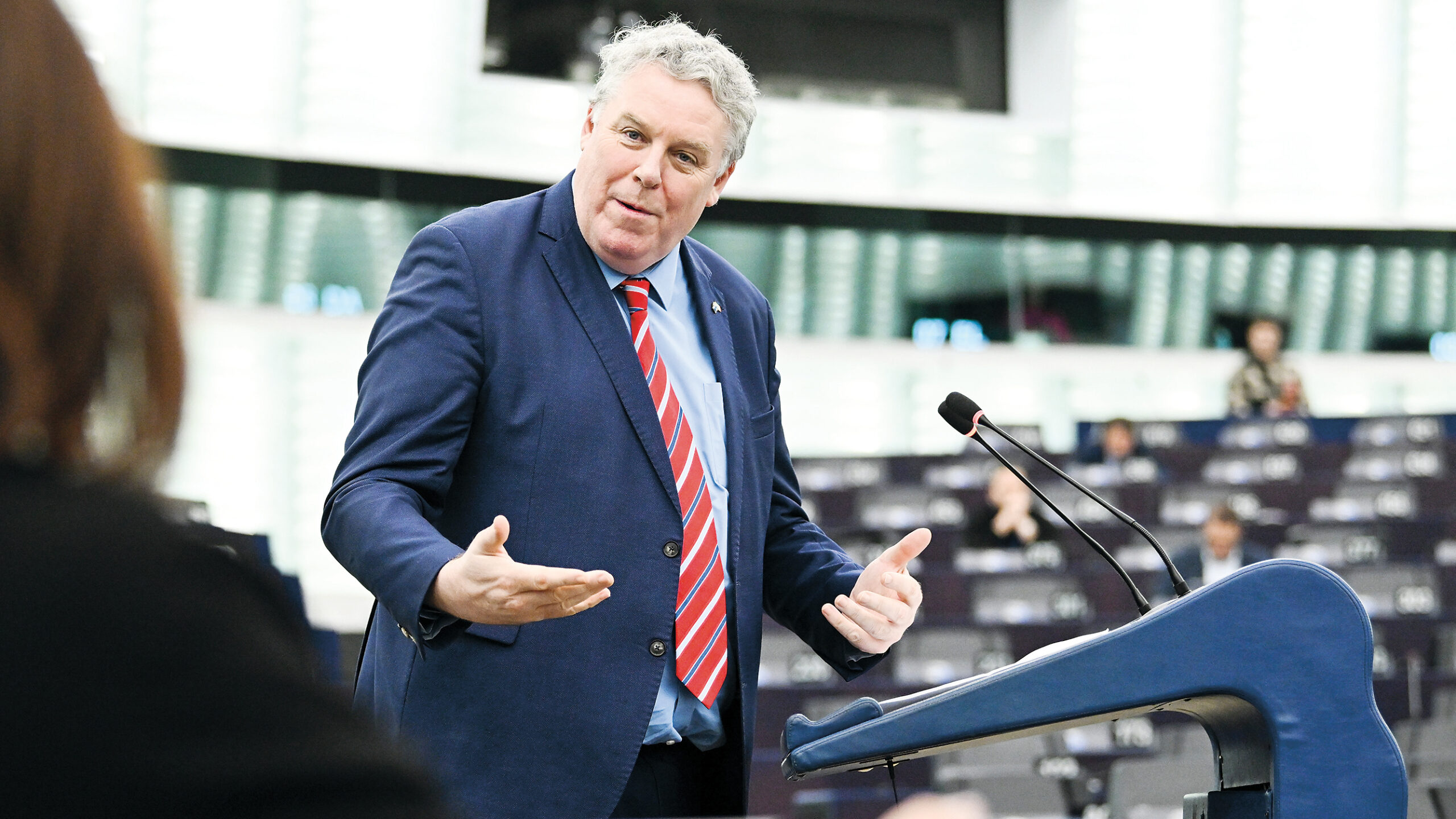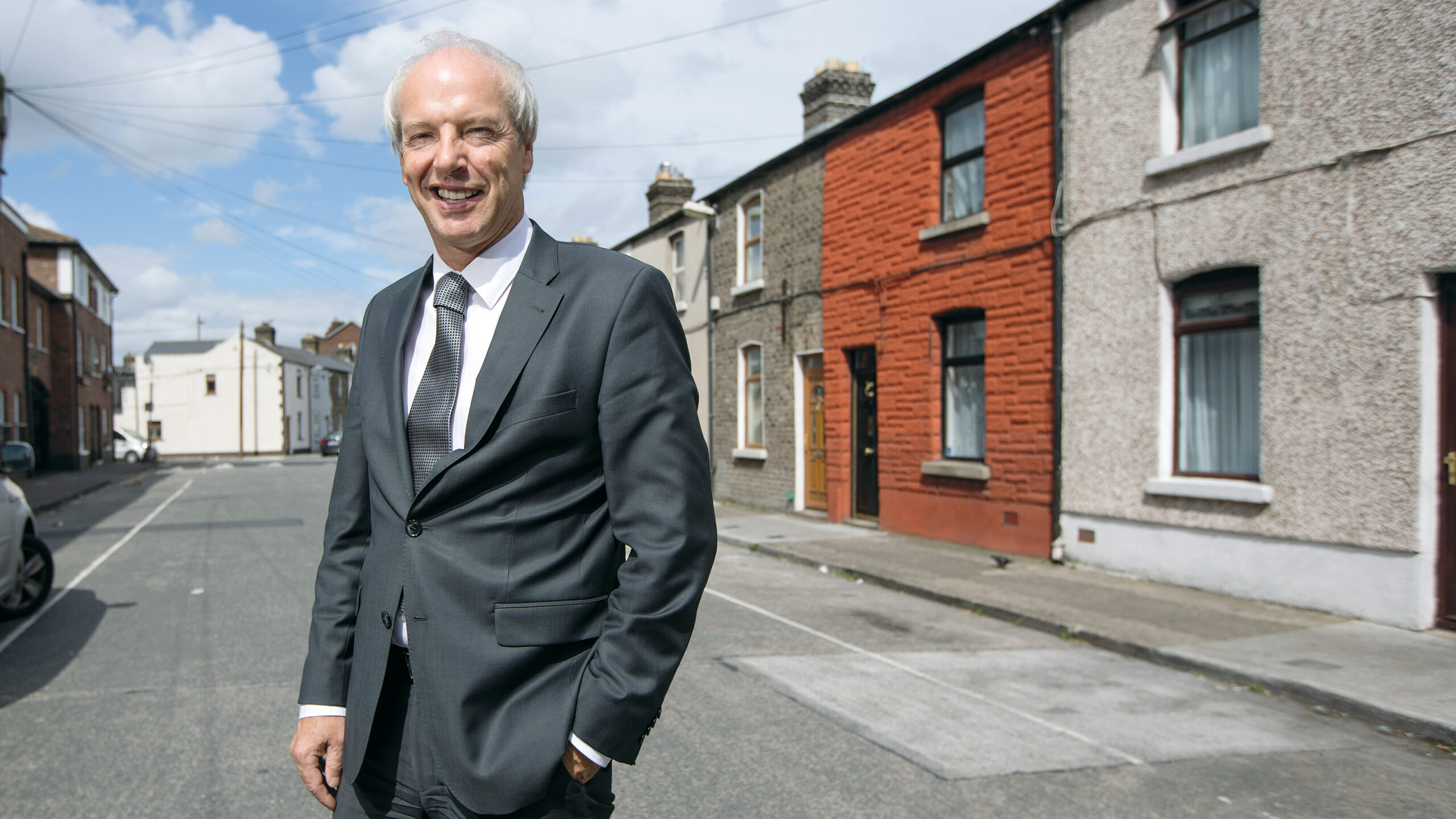Government & academia
Tina Marie O’Neill, Donal Buckley, Killian Woods, Catherine Sanz and Emmet Ryan profile the key 100 individuals in the property industry

Brendan McDonagh
Chief executive, National Asset Management Agency
Brendan McDonagh has played a key role in Ireland’s recovery from the financial crash since he transferred from being director of finance, technology and risk at the National Treasury Management Agency (NTMA) in 2009 to establish Nama, taking on 12,000 devalued loans of 800 debtors in order to enable Ireland’s key banks to clean up their balance sheets. The Killorglin man had to liquidate these loan securities on 60,000 properties in Ireland, UK, Europe, USA and maximise the return to the taxpayer.
Nama bought the loans for €31.8 billion and despite predictions that it would lose money, it is on course to bequeath a surplus to the Exchequer of over €5.2 billion.
He has also overseen the transformation of major sites, most notably in Dublin’s Docklands, and enabled delivery of 41,600 homes, of which almost 3,000 are social housing.
Almost uniquely for a state agency, McDonagh will also manage Nama’s expiry at the end of 2025.
DB

Taking on 12,000 devalued loans of 800 debtors in order to enable Ireland’s key banks to clean up their balance sheets

John Coleman
Chief executive, Land Development Agency
The government has many sizable actors in the property industry, with John Coleman charged to oversee probably its most prominent intervention in the residential sector.
In his role as head of the Land Development Agency (LDA), the former chief financial officer of the National Asset Management Agency (Nama) has been given the spending power to deploy €6.25 billion on the delivery of affordable homes to own and rent.
When he was appointed to the role in 2018, which made him the LDA’s first employee, the agency had a pipeline of 3,000 homes. Now Coleman is overseeing processes to deliver in excess of 10,000 homes on state-owned lands and a further 8,000 through partnerships with private builders.
Since he commands such a large budget, Coleman’s agency receives a lot of political scrutiny. As it starts to deliver more homes on state-owned lands, the trained accountant will likely be tested to show his agency is delivering on the value-for-money front.
KW

Niall Cussen
Chief executive, Office of the Planning Regulator
Niall Cussen, who plays an important part in aligning state planning policy nationwide across all local authorities, wields significant influence over how, what and where developers can build.
The long-time civil servant was appointed as the first chief executive and planning regulator at the Office of the Planning Regulator (OPR) in April 2019.
Prior to his role as regulator, he worked across several local authorities, An Bord Pleanála and was chief planner at the Department of Housing. In the latter role, he led the department’s development of planning legislation, including the National Planning Framework as part of Project Ireland 2040.
Since joining the OPR, he has grown the unit from a one-person operation into an agency with close to 50 staff and spearheaded reviews of local authorities, as well as a focused review into the operation of An Bord Pleanála.
KW

Dara Deering
Chief executive, Home Building Finance Ireland
Home Building Finance Ireland (HBFI) is the state’s building finance body set up to lend to residential property developers. As the former executive director and head of retail banking at KBC Bank Ireland, Dara Deering brought extensive financial services experience with her when she was appointed HBFI’s first chief executive in September 2019.
Since then, she has seen the company’s initial funding capacity of €730 million six years ago grow to more than €2.7 billion last year, and has funded more than 13,000 new homes in 23 counties for owner-occupiers, renters and people who need social or affordable housing.
HBFI’s aggressive growth has drawn criticism from private commercial lenders who complain that its cheaper loans could drive them out of the market.
TM

Richard Shakespeare
Chief executive, Dublin City Council
Having cut his teeth in various senior positions at Dún Laoghaire-Rathdown County Council, Richard Shakespeare took over as chief executive of Dublin City Council (DCC) in December 2023, inheriting a city centre struggling to recover from the global pandemic, shaken by violent riots the previous month and a migrant tent city.
In the midst of a serious housing shortage, Shakespeare oversees a housing expenditure budget of some €738 million this year (an increase of more than €100 million from the previous year). Additionally, the council’s capital programme for 2025–2027 designates €2.195 billion for housing projects, aimed at addressing housing needs in Dublin.
At the same time, developers and investors frequently criticise DCC’s planning process as slow, inconsistent, and overly restrictive, citing bureaucratic delays, excessive regulations and an aversion to high-density developments as major barriers to addressing the city’s housing shortage.
That said, Shakespeare is overseeing several notable projects including the regeneration of O’Devaney Gardens and its 500 new homes; new housing schemes in Ballymun with more than 1,000 homes in the coming years, the redevelopment of St Michael’s Estate site in Inchicore with more than 1,000 new homes, and new affordable and social housing schemes in Crumlin and Kimmage.
TM

Shakespeare is overseeing several notable projects including the regeneration of O’Devaney Gardens and its 500 new homes; new housing schemes in Ballymun with more than 1,000 homes in the coming years, the redevelopment of St Michael’s Estate site in Inchicore with more than 1,000 new homes, and new affordable and social housing schemes in Crumlin and Kimmage

AnnMarie Farrelly
Chief executive, Fingal County Council
AnnMarie Farrelly took over Paul Reid’s role as chief executive of Fingal County Council in 2019 when Reid left to become director general of the Health Service Executive about a year before the global pandemic hit.
Fingal’s annual budget for 2025 is €389 million, of which €135.7 million is allocated to housing. While Fingal might be hitting the headlines lately over passenger cap applications at Dublin Airport, under Farrelly it is steadily in the midst of delivering more than 1,000 social and affordable units in areas such as Clonmethan, Blanchardstown and Balbriggan in a mix of new developments and regeneration projects.
TM


